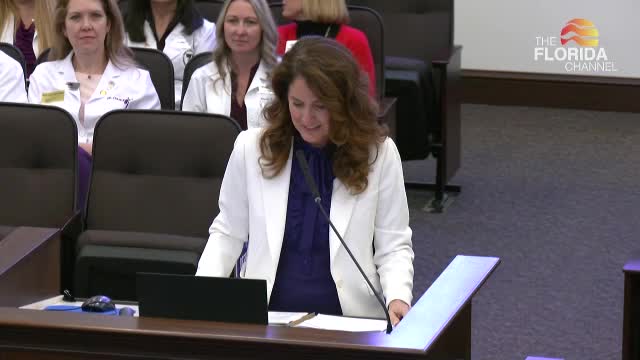Article not found
This article is no longer available. But don't worry—we've gathered other articles that discuss the same topic.
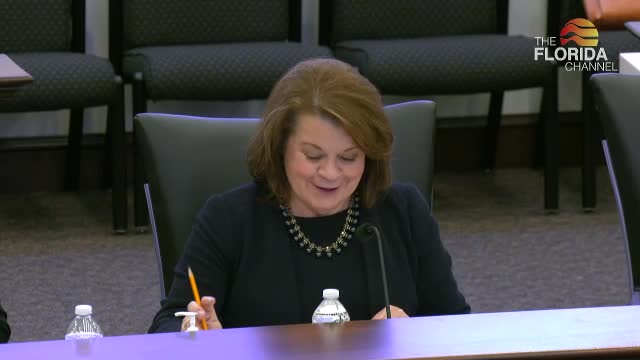
Committee narrows collaborative pharmacy practice by excluding complex cardiac conditions from pharmacist protocols
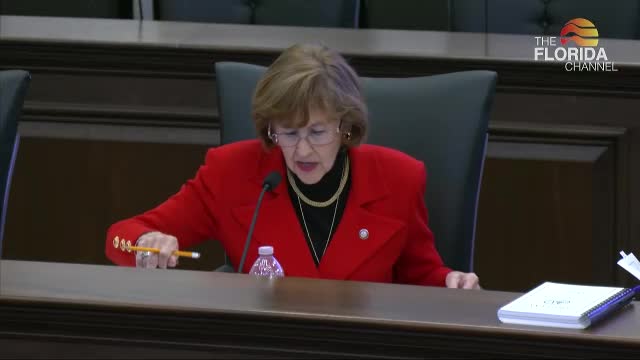
Committee advances public‑records exemption for Agency for Health Care Administration employees after debate
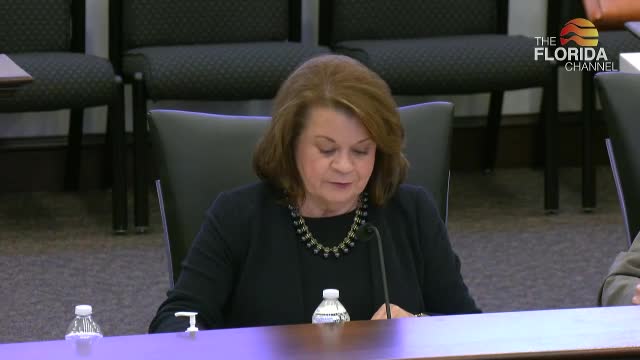
Committee advances bill expanding step‑therapy exceptions for severe mental illness, including perinatal conditions
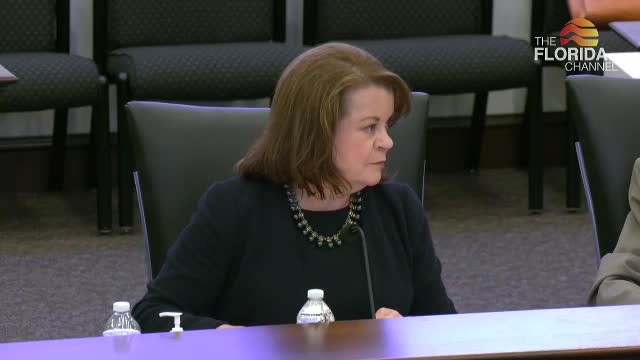
Committee advances bill requiring surgical smoke evacuation policies in hospitals, ambulatory centers
